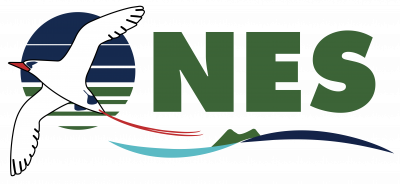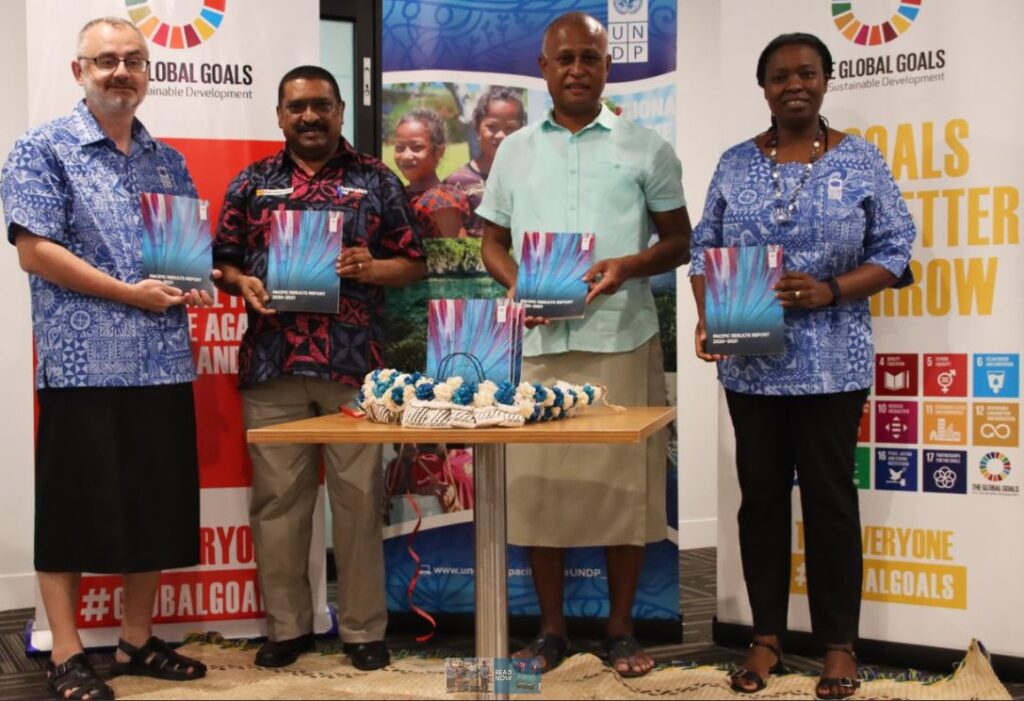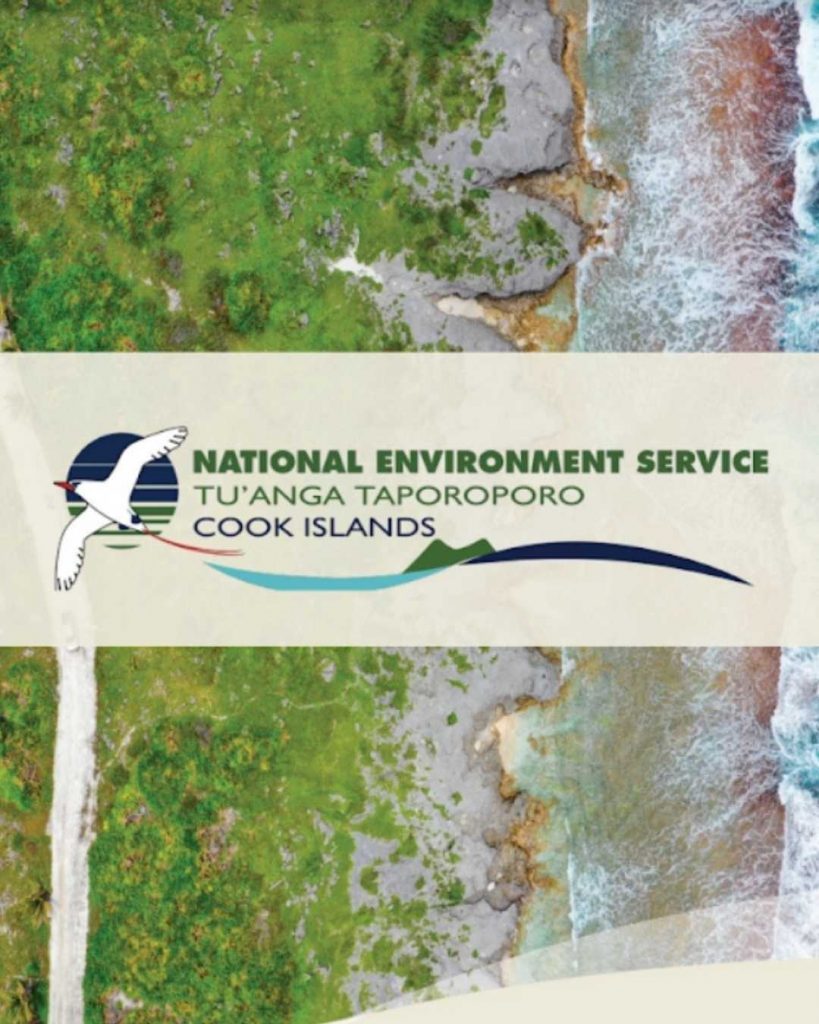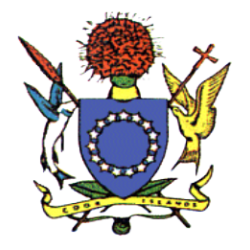Delegates from across the Pacific recently met in Fiji for a sub-regional dialogue organised by the Secretariat of the Convention on Biological Diversity (CBD) in partnership with the Secretariat of the Pacific Regional Environment Programme (SPREP).
In his opening remarks, SPREP Director General, Mr. Sefanaia Nawadra, reminded participants of the triple planetary crisis (climate change, biodiversity loss and pollution), and stressed the need to break down silos and work across disciplines to solve these problems.
The Assistant Minister for Education for Fiji Goverment, Hon. Iliesa Vanawalu, also gave a warm welcome to the participants. He stressed that Biodiversity is essential for the health of our planet and yet, it is sharply declining through development activities, climate change, pollution and nuclear waste. He noted, “As custodians of nature in our region we are committed to take action and generate transformational change to halt biodiversity loss”.
From FAO Pacific, Ms Francesca Mancini stressed the need to protect and learn from traditional food systems in the Pacific. “Their management and governance of biodiversity enable them to achieve high levels of food self-sufficiency, make efficient use of resources, adapt to seasonality in a changing climate, domesticate wild species and enhance biodiversity and in situ conservation of genetic resources for food and agriculture”.
Participants attended three intense back to back meetings over the course of eight days at the Novotel Hotel. The first meeting was a Pacific dialogue on updating and revising National Biodiversity Strategy and Action Plans (NBSAPs), through funding support of the GEF Early Action Support Project. Sessions included sharing experiences and lessons learnt on revising or updating NBSAPs, including national target revision or setting, whole-of-government and whole-of-society approaches, the integration of the Cartagena and Nagoya Protocols and relevant multilateral environmental agreements into the NBSAP, and development of a national monitoring plan for the NBSAP. At this workshop, NES presented on our progress to date in regard to development of a National Monitoring Plan as part of the updated NBSAP.
The second workshop was on Target 3 of the Kunming-Montreal Global Biodiversity Framework (KMGBF), which is a global target that seeks to protect 30% of all terrestrial and inland water areas, and 30% of all marine and coastal areas important for biodiversity. The Cook Islands was able to highlight our process seeking international recognition of Ngai Taporoporo o Takitumu – Takitumu Conservation Area (TCA) as an Other Effective area-based Conservation Measure (OECM). NES Biodiversity Coordinator, Jessie Nicholson, gave an overview of the process that NES has undertaken with the three Ngāti (Kainuku, Karika and Manavaroa). This included the national workshop on OECMs in January 2023, community workshops in November 2023, formation of a Working Group consisting of landowners and NES, and final consent obtained at a community meeting on 12 March 2024. This was an opportune time to share the successful conservation story of the TCA with the Pacific participants and international and regional partners in the room, and to lead with example, as the Cook Islands is the first Pacific country to undergo the OECM process.
The third workshop was coordinated by the United Nations Environment Programme (UNEP) and was a Technical Workshop on the GEF Early Action Support (EAS) Project. This workshop sought to facilitate better understanding on how the EAS Project contributes to countries’ preparedness to implement the KMGBF, particularly through the revised and updated NBSAPs.
In efforts to ensure cross-sectoral engagement and participation to achieve effective implementation of the NBSAP in participant’s home countries, there were participants from the Environment sector, Agriculture sector and Fisheries sector at the three meetings. Cook Islands representation to this meeting included NES staff Ms. Elizabeth Munro, Mrs. Moana Tetauru and Ms. Jessie Nicholson. Representatives from the Ministry of Agriculture included Secretary Mrs. Temarama Anguna-Kamana and Advisory Officer Mrs. Eitiare Vano.
NES will ensure to work closely with MOA to streamline biodiversity into agriculture and vice versa and looks forward to working closely with all stakeholders in Rarotonga and Pa Enua on the Cook Islands new NBSAP, which will begin consultations in the coming months.







